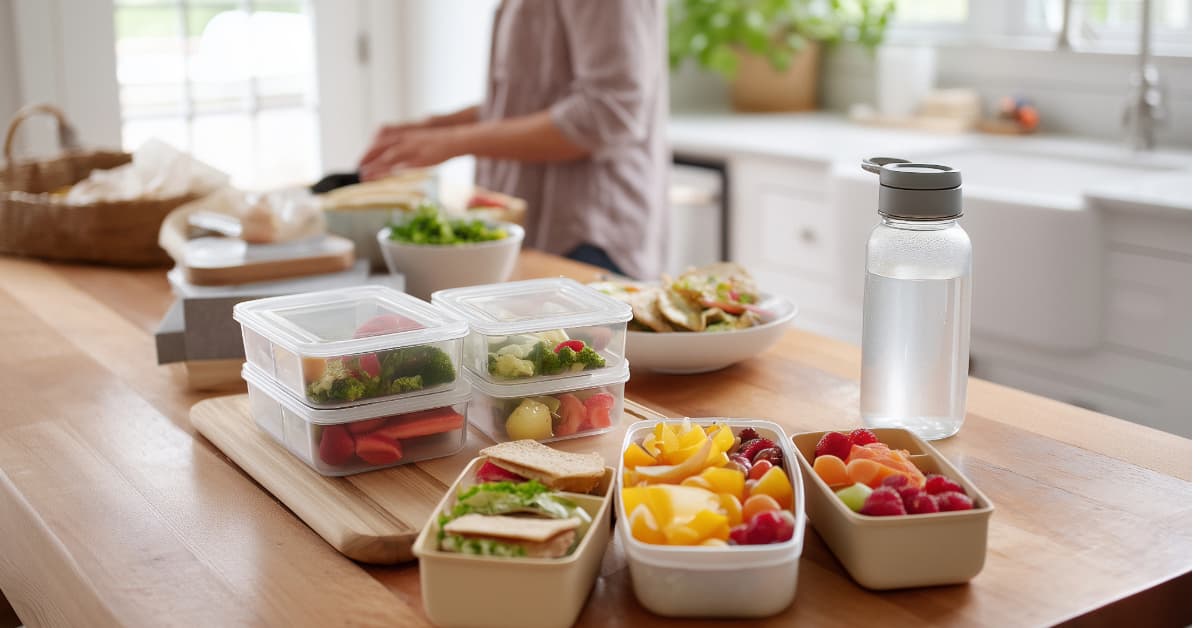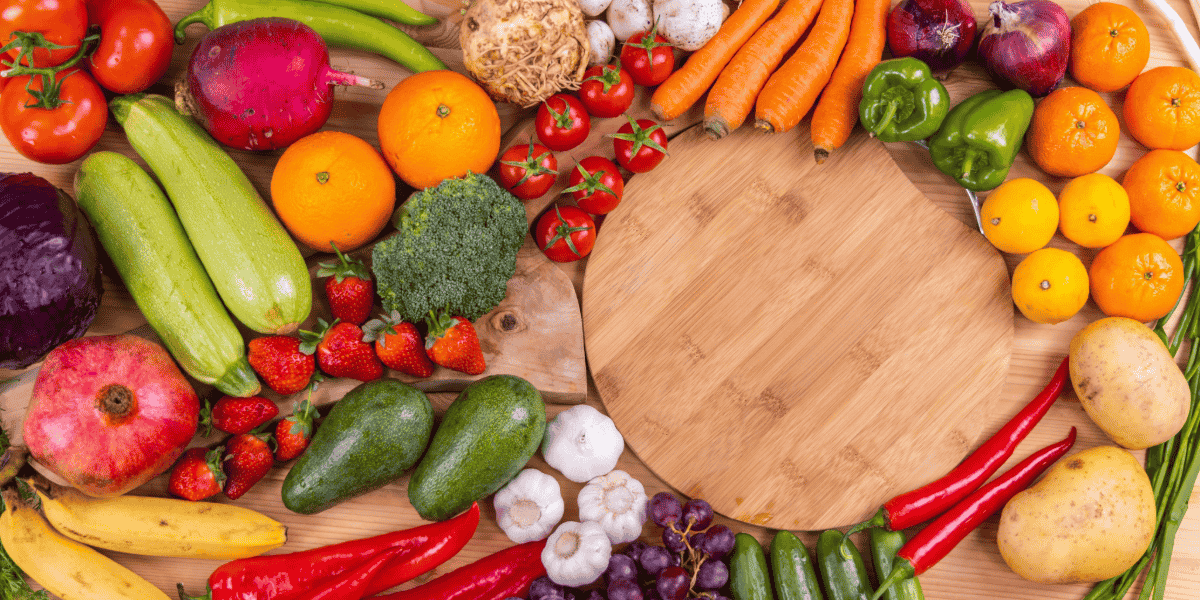Detox Diets: Helpful or Hurtful? A Dietitian's Honest Take
Social media makes detox diets look like the answer to everything. They promise quick fixes to bloating, fatigue, and even bad skin.
But after years of working with real clients and reviewing the research, I've found that most cleanses don't live up to the hype (or the science).
I'm Haela, a Registered Dietitian with Loop Nutrition. Before joining Loop, I gained valuable experience in both inpatient and outpatient Medical Nutrition Therapy, treating conditions like diabetes, heart disease, and malnutrition.
I'm here to cut through the noise and answer the question on everyone's mind: Do detox diets actually work, or are they doing more harm than good?
The Myths vs. The Science
Let's start by breaking down three detox myths I hear most often:
Myth 1: "Detox diets remove toxins from your body."
Your body is constantly detoxifying and eliminating waste through multiple pathways. The liver is the primary detoxification organ, while the kidneys, digestive system, lungs, and skin (through sweat) support the elimination of toxins and metabolic waste. No credible research supports the idea that commercial cleanses—such as juice fasts or laxative teas—enhance this natural process. For more detailed information and research findings, check out this comprehensive guide on detoxes and cleanses.
In fact, cutting out entire food groups or drastically restricting calories can lead to inadequate intake of certain nutrients, resulting in fatigue, muscle loss, and weakened immunity. Some detoxes can also cause dehydration, blood sugar crashes, and electrolyte imbalances, all of which can do more harm than good.
Unless you have a diagnosed liver or kidney condition, your body is fully capable of detoxifying without a $50 juice cleanse or laxative tea.
Myth 2: "Detox diets flush fat out of your body."
Most cleanses allow you to lose weight quickly by depleting stored carbohydrates (called glycogen) and water, not pure fat. Once you start eating normally again, the number on the scale usually bounces back, too.
Extreme calorie restriction can also cause muscle loss, which slows metabolism and makes weight regain more likely. Over time, repeated extreme dieting cycles can slow metabolism and disrupt hunger hormones like leptin (which signals fullness) and ghrelin (which triggers hunger), increasing the risk of overeating later and messing with your metabolism over time.
Myth 3: "You'll feel better if you detox after eating 'bad' foods."
Labeling foods as "good" or "bad" fuels guilt, not health. A weekend of indulging won't "poison" your body. Attempting to "undo" eating with restrictive detoxes often leads to disordered eating patterns, like binge-restrict cycles.
How to Actually Support Your Body’s Natural Detox Pathways
True detoxification isn't a product or a 10-day plan. It's what your body does naturally. To support (not override) this process, focus on improving long-term habits that make your natural detox systems work better, like:
- Stay hydrated. Adequate fluid intake is essential for kidney and digestive function. Carry a reusable water bottle and sip throughout the day. Herbal teas, lemon water, and coconut water can also contribute to hydration (but plain water works just fine, too!)
- Add, don’t subtract. Instead of focusing on restriction, nourish your detox organs by eating a variety of fruits, vegetables, lean proteins, whole grains, and healthy fats. Aim to fill half your plate with non-starchy fruits and veggies to support digestion and toxin elimination.
- Eat enough fiber. Fiber helps bind and remove waste efficiently through digestion. Beans, whole grains, vegetables, and seeds are great sources to keep your gut functioning optimally.
- Move your body regularly. Walking, yoga, strength training, or even dancing improves circulation and helps your lymphatic system eliminate waste naturally—no fancy "detox workouts" required.
- Limit alcohol and ultra-processed foods. Excessive alcohol consumption burdens the liver, leading to fat buildup, inflammation, and scarring. Diets high in added sugars and ultra-processed foods can also impact liver function, increasing the risk of non-alcoholic fatty liver disease (NAFLD). Cutting back allows your detoxification systems to function more efficiently!
- Prioritize quality sleep. Your brain flushes out metabolic waste during deep sleep via the glymphatic system. Aim for 7–9 hours per night—it’s the easiest way to support natural detoxification.
The Reality
Detox diets and cleanses survive by making you feel like your body is failing. But it's not! Most people feel sluggish or bloated because they're under-eating, stressed, or skipping sleep (not because they're "toxic.”)
So, instead of spending your valuable time and energy searching for an expensive, over-glorified laxative, focus on improving sustainable, healthy habits that can benefit you long-term!
If you're still tempted by a 7-day cleanse, ask yourself: "Could I do this for the rest of my life?" If not, it's probably not worth your time or your money.









.png)